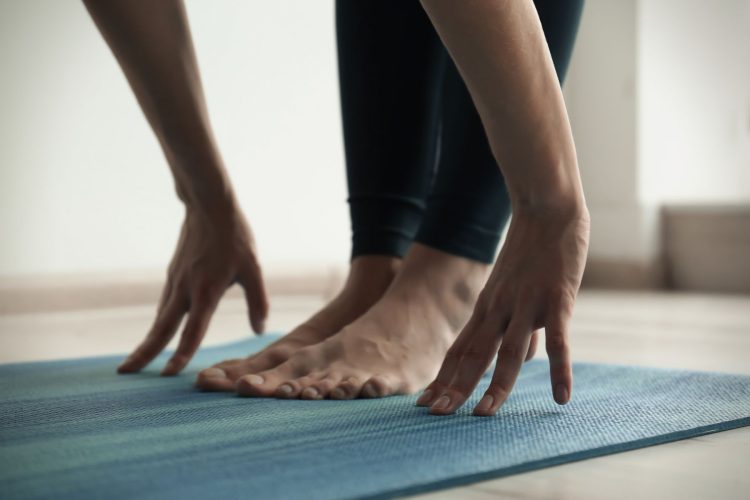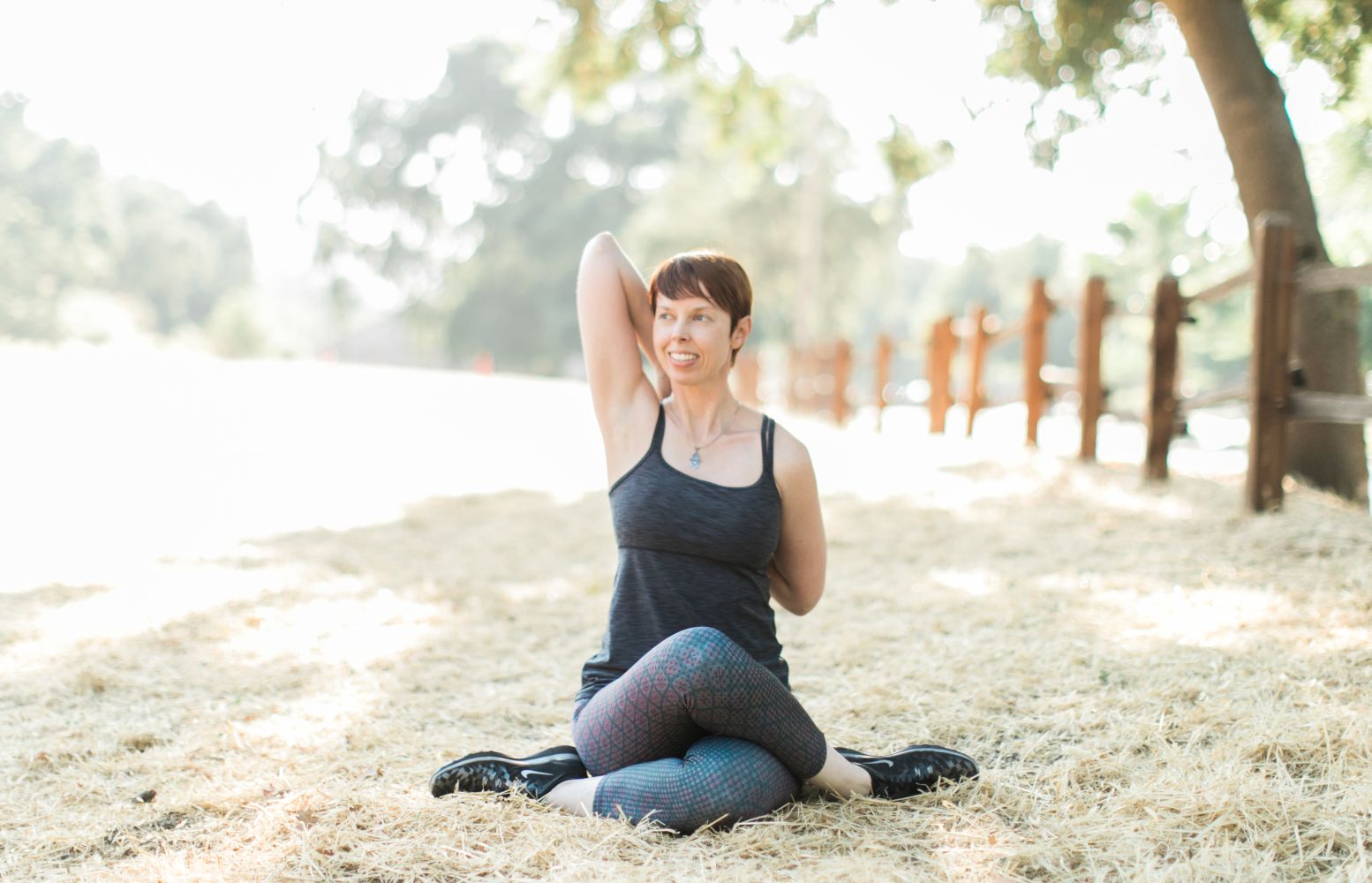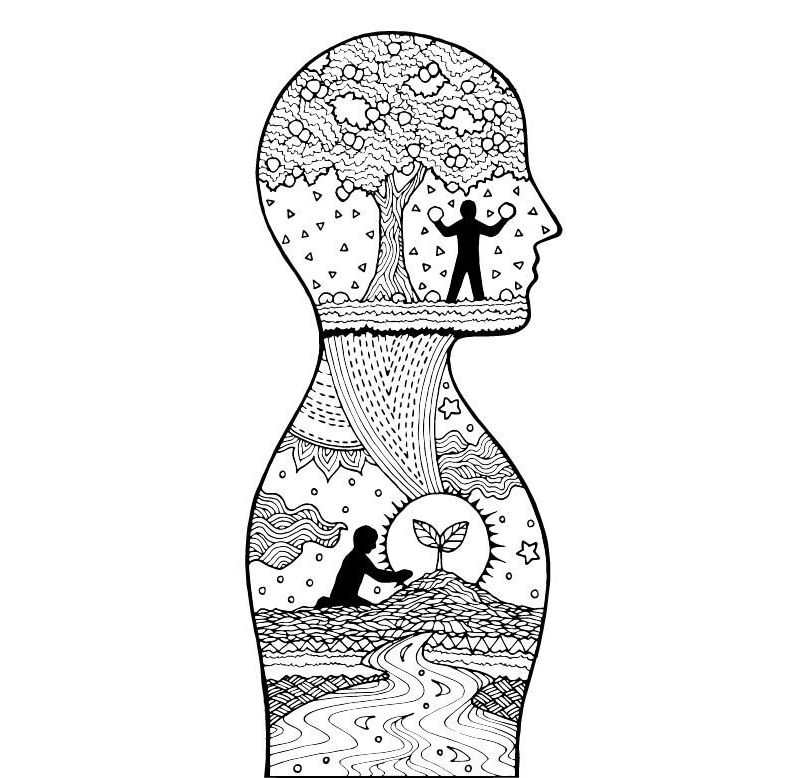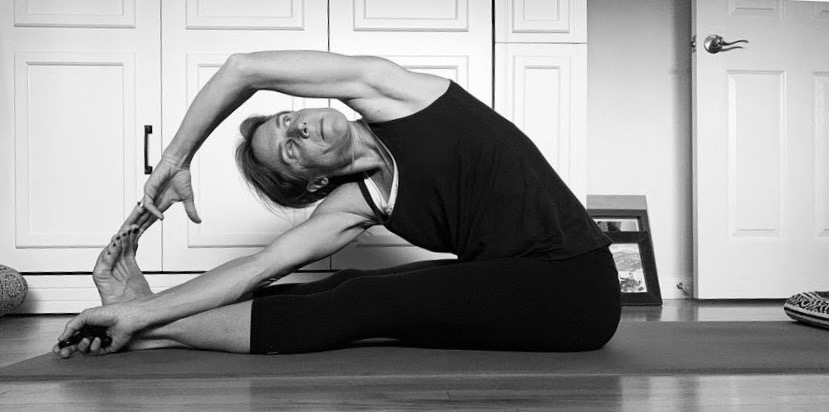Through the mobility classes we offer at Breathe Together Yoga, I find it extremely valuable to be able to educate practitioners about their body. However, some of the concepts can be a little dense to address in the middle of class. So, over the next few months, I want to share with you a few topics featuring a few ideas in the science of how your body operates. With this information, my hope is that you can make better decisions in your movement practices, which will lead to a higher quality of life.
There is a saying that no two snowflakes are exactly alike, and, as you get down to the molecular level, this is true. Even if one snowflake possesses the same amount of atoms as another, they won’t occur in the same places within the crystal, thus each is unique. This uniqueness is also true about general body movement and motor control. There is a common misconception that every squat, hinge, or step that you take is the same as others, as if you are running a program and executing the task just as you did last time. But, this is inherently false. Each time you perform a pushup, the body executes this motion in different ways. How? Say you have machines hooked up to your body to produce readouts. You complete one pushup and get a reading showing which muscle groups engaged first, second, third, etc. Then, you perform a second pushup and the readout you get is different from the first. Shoulder angle as you lower and lift up changes each rep; when the abdominals engaged, how far you lowered – it’s all slightly different. The movement might look the same, but the way it’s produced is different. Variability is a feature of human movement in which differences occur in a similar task.
Changing the narrative about what movement is, can help us understand how to improve. We’re not trying to become better at running the program of “pushup,” we’re working at becoming better at the intention of movement by better-managing the many variables of them.
So, this is at the core of why mobility classes can bring you tremendous benefits. Having more range of motion in your joints available to you means you have more options to express. The ability to have as many options as possible at your disposal allows you to create whatever your intention is with your body at any given moment.
Practice whatever it is that you want to achieve: from playing the guitar to gaining a better backhand in tennis – whatever you seek to do. But, increasing your body’s capacity to express movement will only benefit your intentions.














